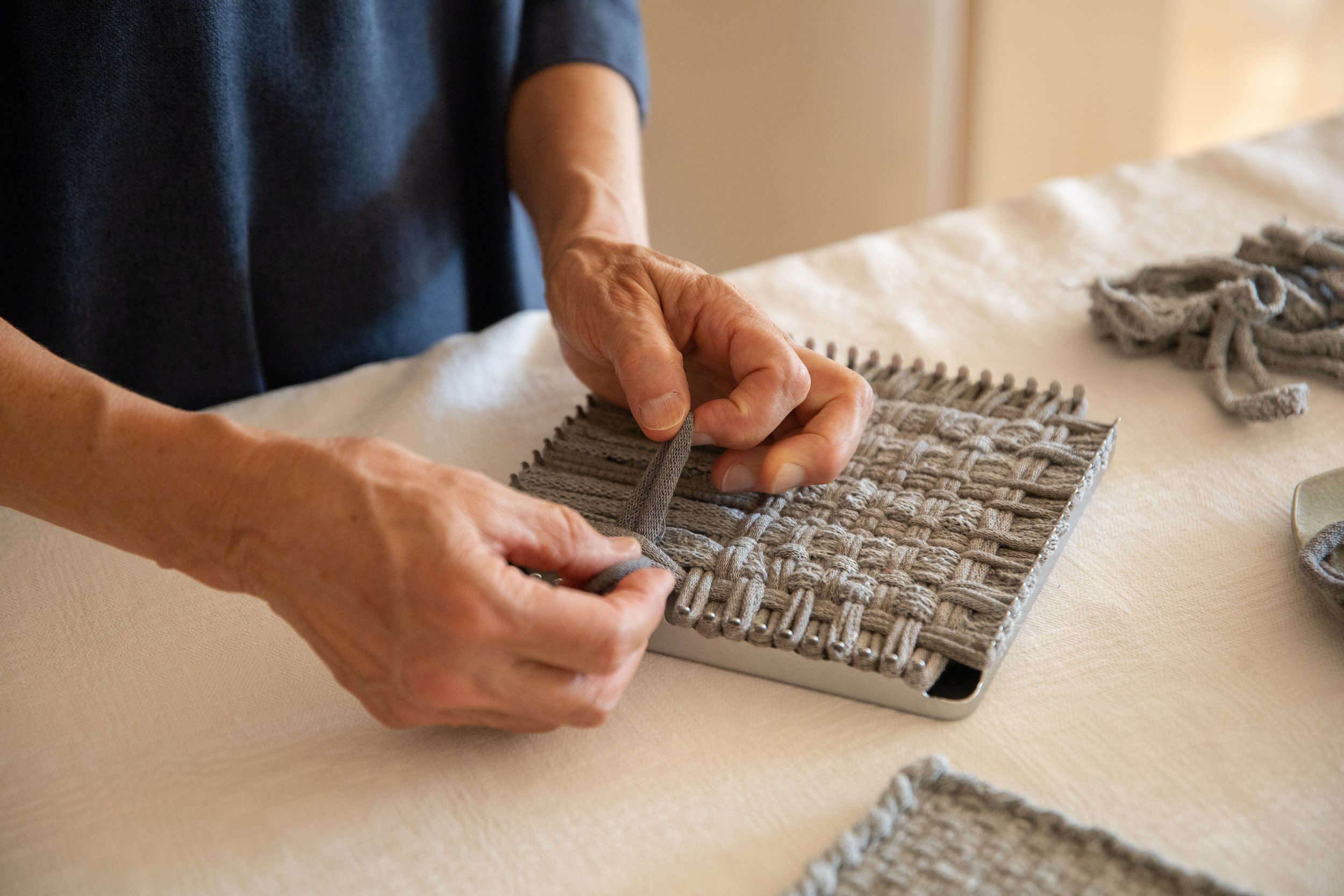Nurturing Your Creative Soul: How Art and Creativity Can Boost Mental Health
The Power of Creativity
Creativity is not just about painting a masterpiece or writing a bestseller. It's about expressing yourself, solving problems, and viewing the world from different perspectives. It's a powerful force that can transform your life and health in surprising ways.
If you find yourself worrying about impressing others, then you’re doing it wrong.
A study published in the American Journal of Public Health examined the impact of art on health outcomes. The researchers found that artistic engagement can reduce stress and anxiety, increase positive emotions, and even improve immune system functioning. These findings suggest that creativity isn't just a fun hobby, but a vital component of overall wellness.
Creativity and Mental Health: The Connection
Engaging in creative activities has a profound impact on mental health. It's a natural antidepressant. When we create, our brains release dopamine, a natural antidepressant that makes us feel happier and more satisfied.
Art therapy, a form of psychotherapy that uses art as a form of communication, has been proven to help people explore their emotions, improve self-esteem, relieve stress, and improve symptoms of anxiety and depression.
Creativity also fosters mental resilience. It encourages us to experiment, take risks, and deal with failure. Through this, we learn to embrace our imperfections, accept our failures, and grow from them.
5 ways to nurture our creative soul
1. Make Art a Regular Part of Your Routine
Whether it's a daily journal entry, a weekly painting session, or a monthly DIY project, making art a regular part of your routine can help you cultivate mindfulness, focus, and relaxation. It's a mini-vacation for your mind, offering a much-needed break from the stresses of daily life.
2. Explore Different Forms of Art
Don't limit yourself to one form of art. Explore different mediums - from painting and sculpture to music and dance. Each form of art offers unique benefits and can help you express different aspects of your emotions and experiences.
Simple hack: Shuffle your Spotify, or your To-Watch list on whatever streaming service you use. Indulge in different genres. Look at and listen to new work.
3. Share Your Art with Others
Art is a powerful tool for connection. Sharing your art with others can help you build a sense of community, gain new perspectives, and even develop deeper relationships. Plus, it's a great way to boost your self-esteem and confidence!
4. Use Art as a Form of Therapy
Art therapy is a growing field that uses the creative process to help individuals express and understand their emotions. Even if you're not in therapy, you can still use art as a form of self-care. Whenever you're feeling stressed, anxious, or overwhelmed, try creating something - you might be surprised at how much it helps.
5. Create a Dedicated Creative Space
Having a designated area for your creative pursuits can make a huge difference in how often and how deeply you engage with your art. Whether it's a corner of your living room, a spare room, or even just a desk, create a space that's dedicated to your creativity. Fill it with inspiring objects, keep your supplies handy, and make it a place where you feel comfortable and motivated to create. This space becomes a sanctuary where you can retreat, focus, and let your creativity flow.
Nurturing your creative soul isn't just about making beautiful things - it's about improving your mental health and overall well-being. Strum the guitar, pick up that brush, play around with a plot for that romance novel. Your mind will thank you.
Remember, creativity is not a competition; it's an expression. It’s not about having something to prove. So, let go of perfection, embrace the process, and watch your wellness soar to new heights.
As the famed psychologist Carl Rogers once said, "The only person who is educated is the one who has learned how to learn and change."


